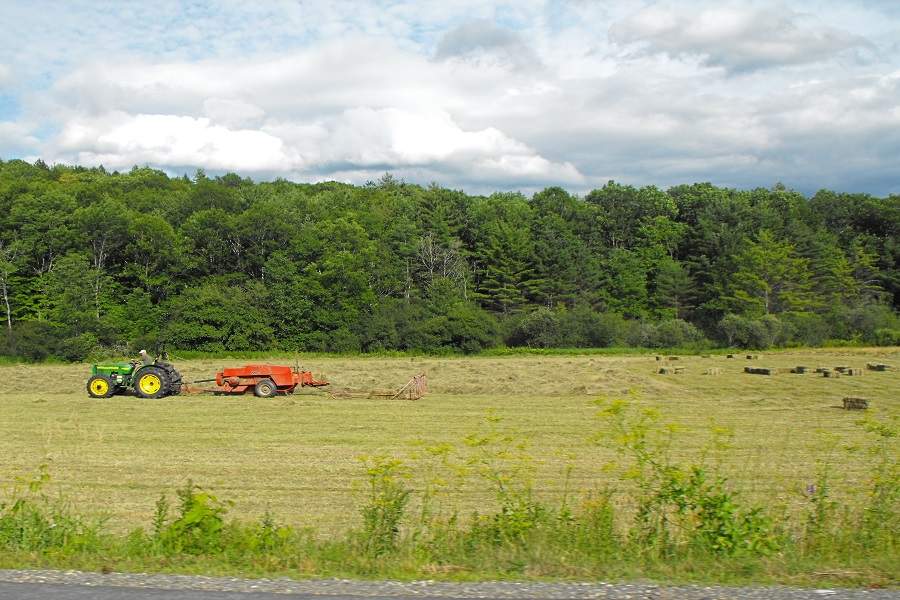Rural communities are full of unique opportunities for business owners, and you’ll find that the quality of life in a rural area can also be very attractive.
Rural areas tend to have lower costs of living and fewer barriers to entry for entrepreneurs. You’ll also find that there are many people in a rural community who are willing to help you succeed as an entrepreneur by sharing their knowledge with you.
Access to resources.
The people of rural communities are often more willing to work with you on your business. They have access to a wide variety of resources that they can share with you, whether it’s funding, local talent, or even just advice on how to get started.
Long-term commitment.
Rural communities often invest significantly in their local businesses—from helping them get off the ground through mentoring and networking opportunities, to providing support as they grow (and even when they fail). In many cases, this means offering loans and other investment opportunities that help these businesses succeed at scale across multiple locations.
Strong social connections.
Many rural communities have strong social networks that help them connect with each other and support one another through tough times. This can be especially helpful when dealing with challenges like economic downturns or natural disasters; when there’s no shortage of resources available, however, it may also mean that there’s less need for community support when things go wrong financially due to outside forces beyond anyone’s control (such as bad weather conditions).
Financing is more accessible to rural communities.
If you plan on borrowing money for your business venture, then you may want to consider doing so through local banks or credit unions instead of national lenders. Banks in rural areas tend to be more understanding and open-minded when it comes to new business owners looking to start their own companies and they usually offer better rates on loans since they know that there isn’t much competition out there for these types of businesses (compared with larger cities). You need to have the right business structure in order to attract funding. This may involve seeking out the best LLC services to have your business registered.
Lower Overhead Expenses.
Rural communities have lower overhead costs. This is because they aren’t as dense, and there aren’t as many people living there. This means less rent per square foot, less utilities and fewer employees. It also means that you don’t have to pay for an expensive office or store front space. You can work out of your home or a small office instead.
Procuring Raw Materials is much easier.
In order to start a business in a rural community, you need some sort of raw material that you will use in your product or service. For example, if you’re selling furniture, then you need wood. If you’re selling food products, then you need food products to sell. In many cases, these materials can be found very close to where the business will be located. It also doesn’t cost much more than if they were shipped from somewhere else; it just takes longer for them to arrive at their destination.
So, if you’re thinking about starting a business, don’t be afraid to explore the possibilities that are out there in rural communities. You might be surprised by all of the amazing opportunities you’ll find available right close to your doorstep.

